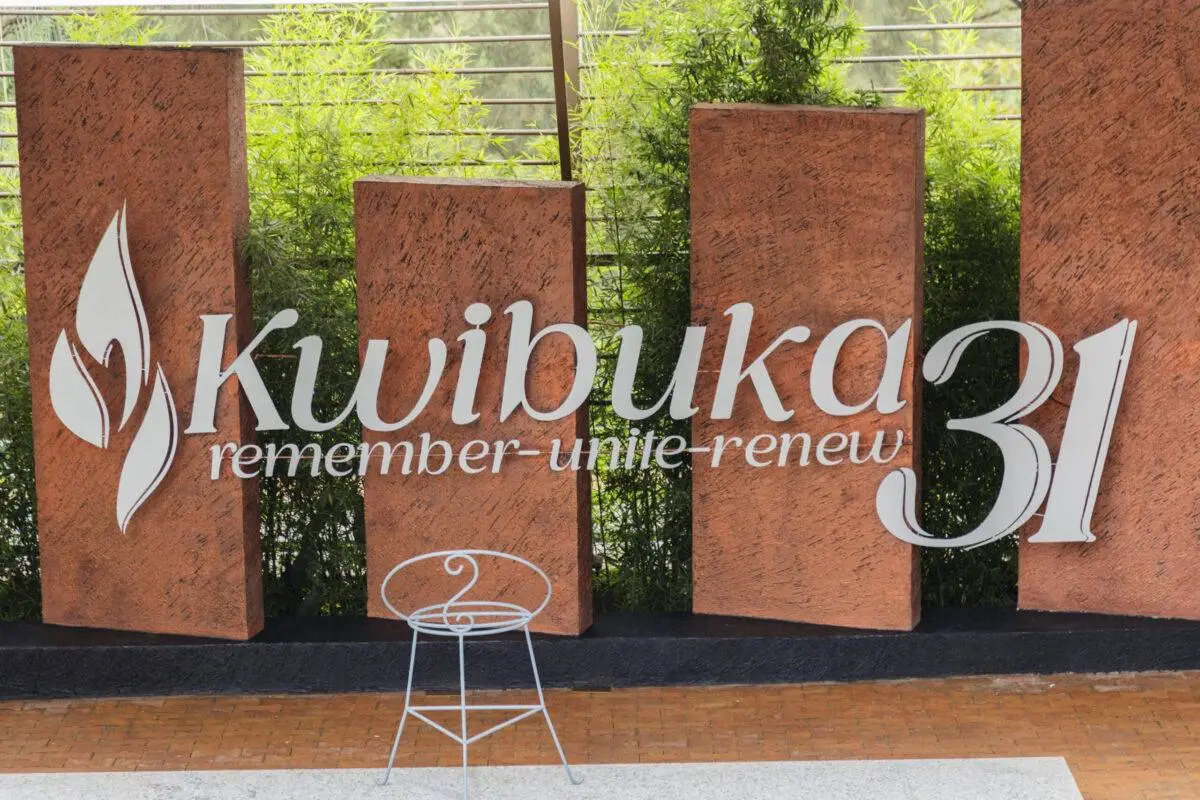As the conflict in Gaza continues to unfold, echoes of past atrocities, particularly the Rwandan genocide, resurface in discussions surrounding the humanitarian crisis. Survivors of the Rwandan genocide often reflect on their harrowing experiences, drawing parallels with the ongoing violence in Gaza. For many, the memories of 1994 remain vivid, marked by unimaginable loss and suffering. The stories of these survivors serve as stark reminders of the consequences of unchecked hatred and violence.
In Rwanda, the international community‘s failure to intervene in the face of mass killings has been a subject of extensive critique. Similarly, the current situation in Gaza evokes questions regarding the global response to human suffering. One Rwandan survivor, now an advocate for peace, stated, “We must not allow history to repeat itself. The world cannot stand idle while innocent lives are lost.” This sentiment resonates deeply as reports of civilian casualties and humanitarian crises flood the news.
The narratives of pain and resilience shared by Rwandan survivors highlight the long-lasting effects of trauma. Many survivors recount their struggles to rebuild their lives in the aftermath of the genocide, grappling with grief while endeavoring for a semblance of normalcy. They often emphasize the importance of remembrance and education, believing that awareness can prevent future atrocities. “We must teach the next generation about the dangers of hate,” one survivor remarked, underscoring the urgent need for dialogue and understanding in conflict-ridden areas like Gaza.
In the context of Gaza, the suffering of civilians has garnered international attention, prompting discussions about human rights violations and the responsibilities of world leaders. The parallels drawn between the two regions serve to illuminate the patterns of violence that can escalate when political conflicts escalate unchecked. Humanitarian organizations have echoed calls for immediate action, urging governments to prioritize the protection of innocent lives.
As the world watches the events in Gaza unfold, the haunting memories of the Rwandan genocide continue to resonate. The experiences of survivors serve as vital reminders that the consequences of inaction can be devastating. In a global environment where empathy and awareness are often overshadowed by political agendas, the voices of those who endured unimaginable suffering remain essential in advocating for justice and peace.
Only through acknowledgment and understanding can humanity hope to prevent the repetition of such tragedies in the future.














